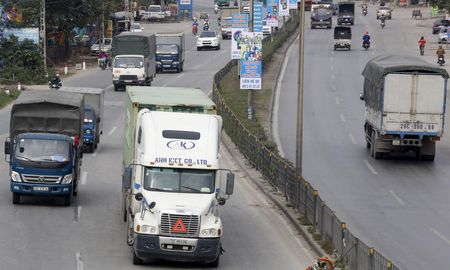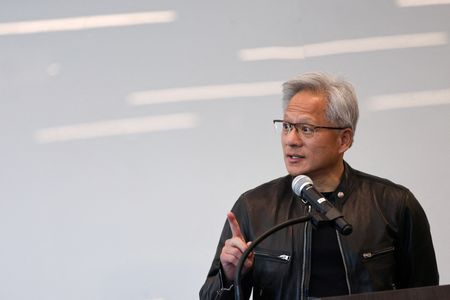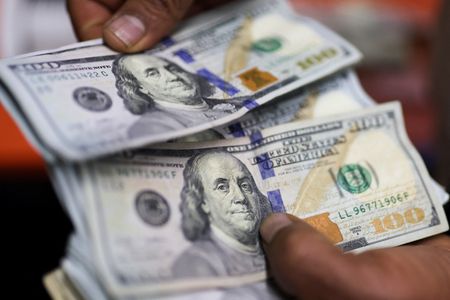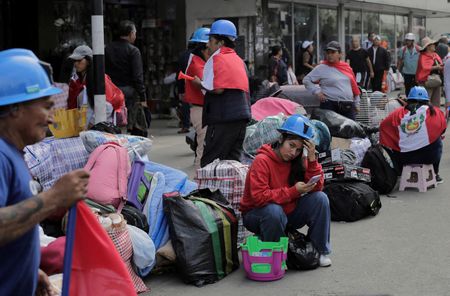By Phuong Nguyen
HANOI (Reuters) – Transport and logistics businesses in Vietnam reported disruptions in their operations and mounting costs caused by stricter traffic rules in force since the start of the year, according to a survey released on Tuesday.
The new road safety regulations have steeply increased fines for serious road offences, such as ignoring traffic lights. More significantly for the logistics sector in the Southeast Asian industrial and export hub, they also mandate truck drivers to rest for at least 15 minutes after every four hours of driving.
“Approximately 80% of businesses reported moderate to severe disruptions, particularly in long-haul transport,” supply chains consultancy CEL said in a survey of 460 executives and staffers primarily from the logistics and distribution sector.
The new limits on driving hours are in line with international standards. In the European Union, truck drivers are obliged to take breaks of at least 45 minutes after 4.5 hours of continuous driving.
To comply with the new regulations, businesses are expected to increase their workforce leading to a rise in operational costs of up 20%, the report said, noting that 70% of the surveyed companies already reported a significant rise in their costs due to reduced driving hours and higher penalties.
Transport costs tend to increase at the start of the year in Vietnam as traffic intensifies before week-long holidays for the Lunar New Year which this year fell at the end of January.
Vietnam’s government office did not immediately reply to a request for comment. Officials have said the new rules were necessary to reduce road accidents.
The Communist-run country is home to large export-driven manufacturing operations of big multinationals, including Samsung Electronics, Apple and Nike.
Strategically located on the southern border of China with over 3,000 km (1,864 miles) of coastline, Vietnam has a large industrial base, with significant clusters for clothing, furniture and electronics.
(Reporting by Phuong Nguyen; editing by Francesco Guarascio and Michael Perry)








